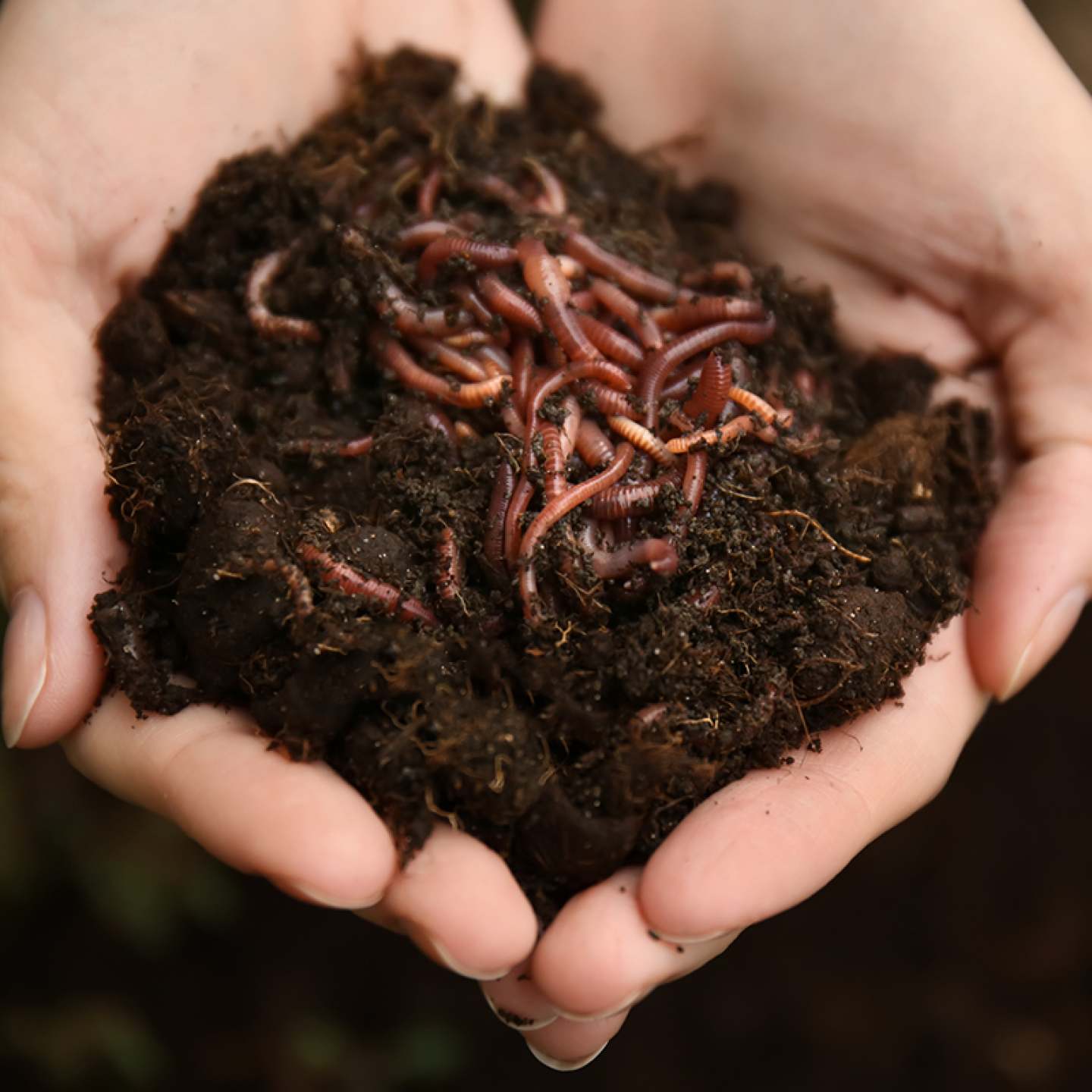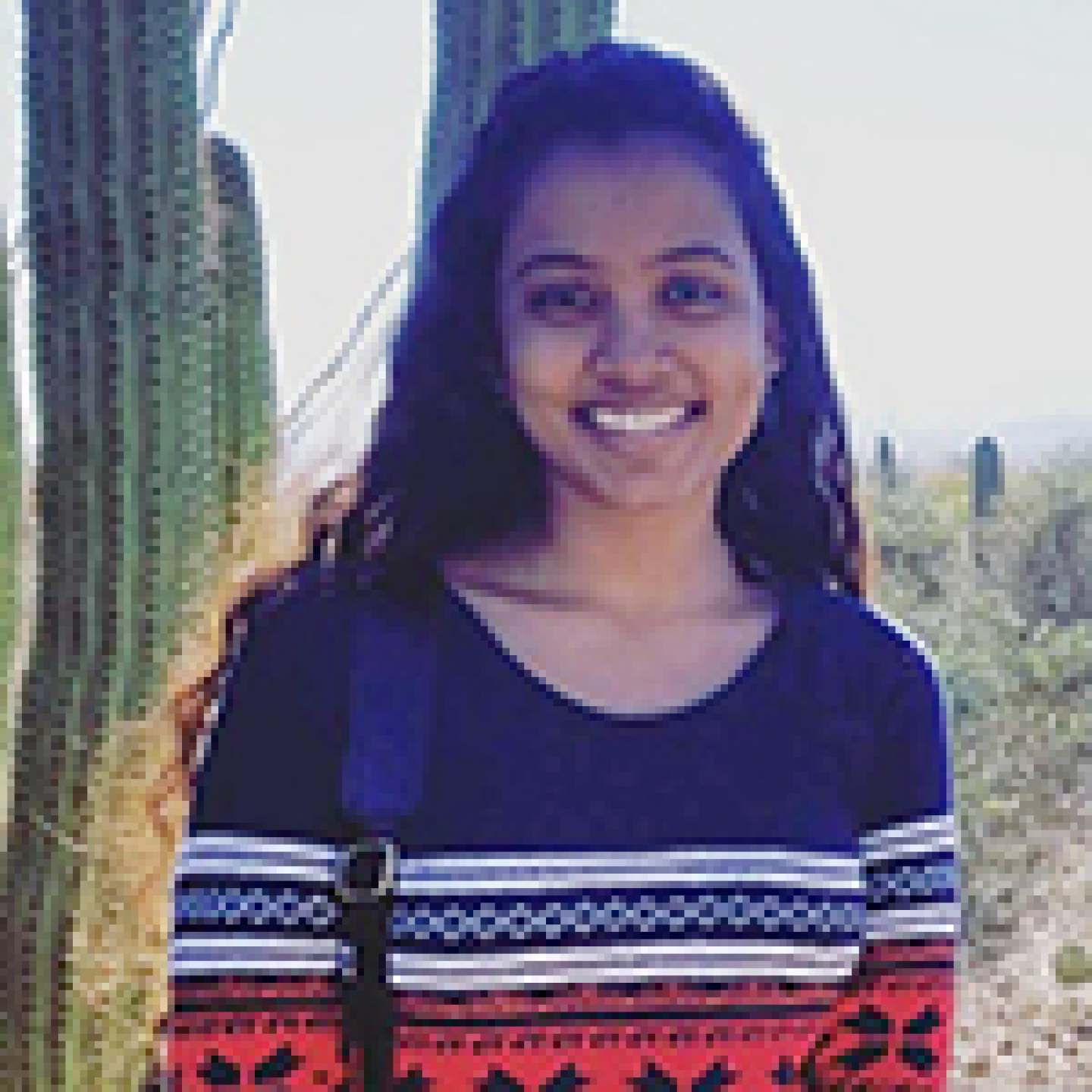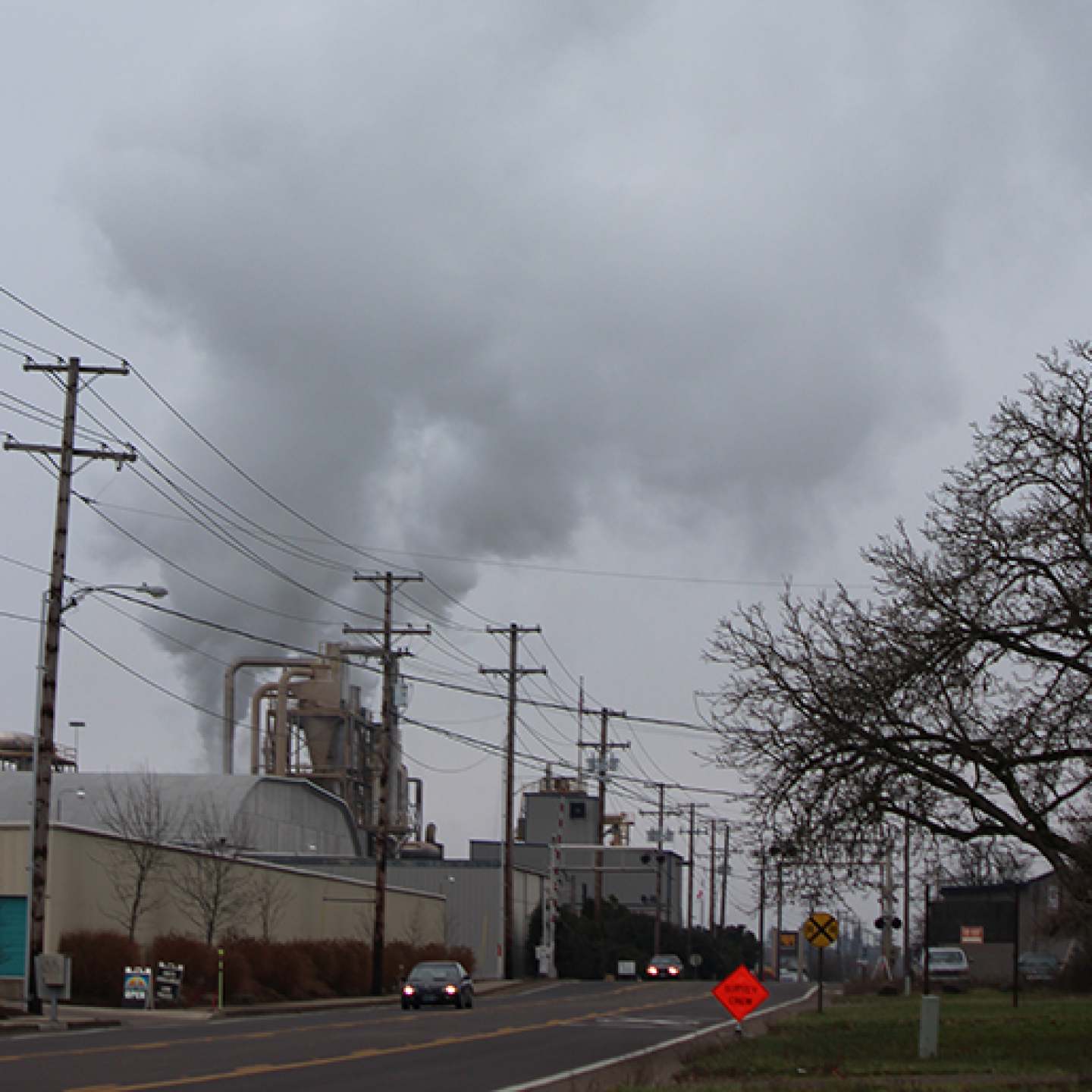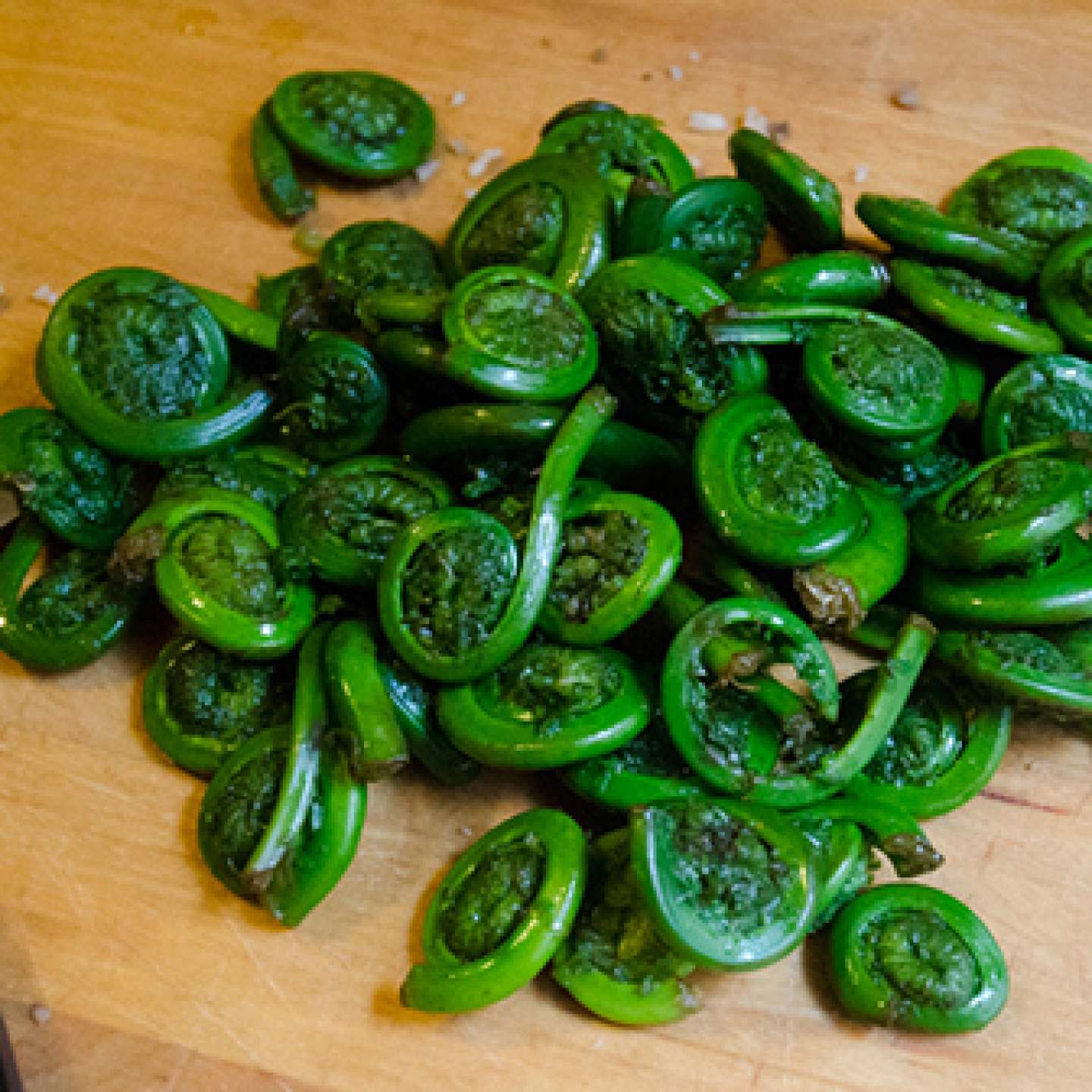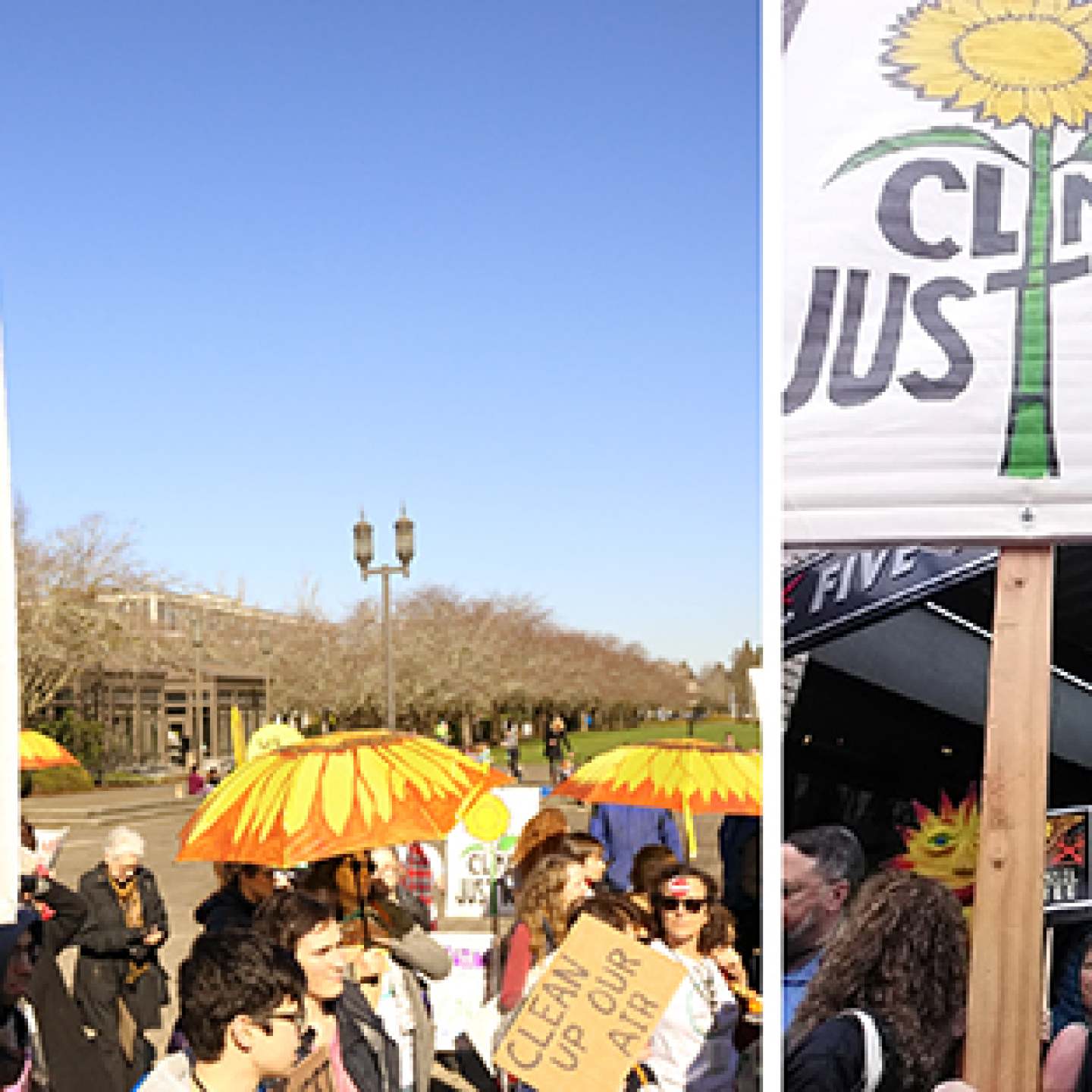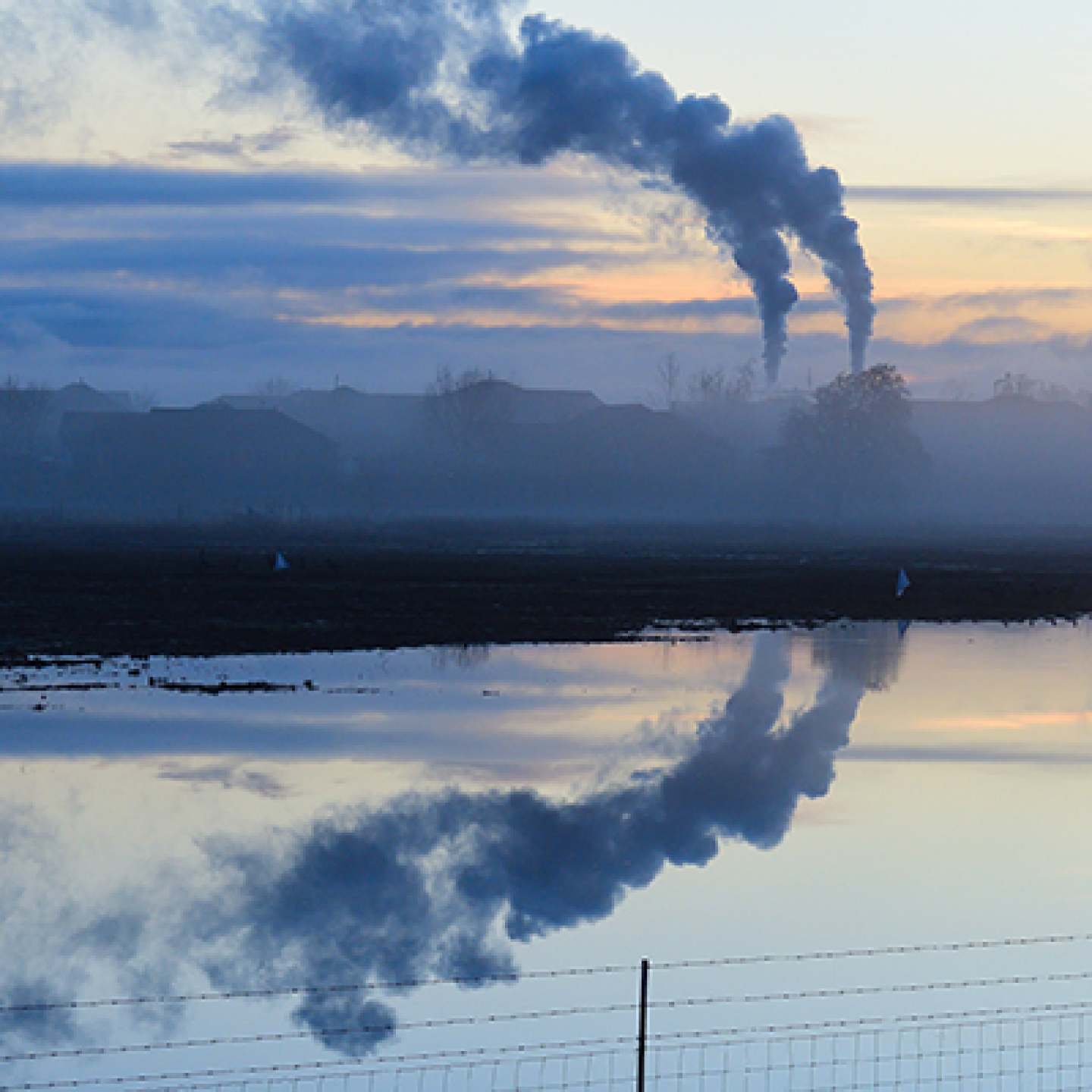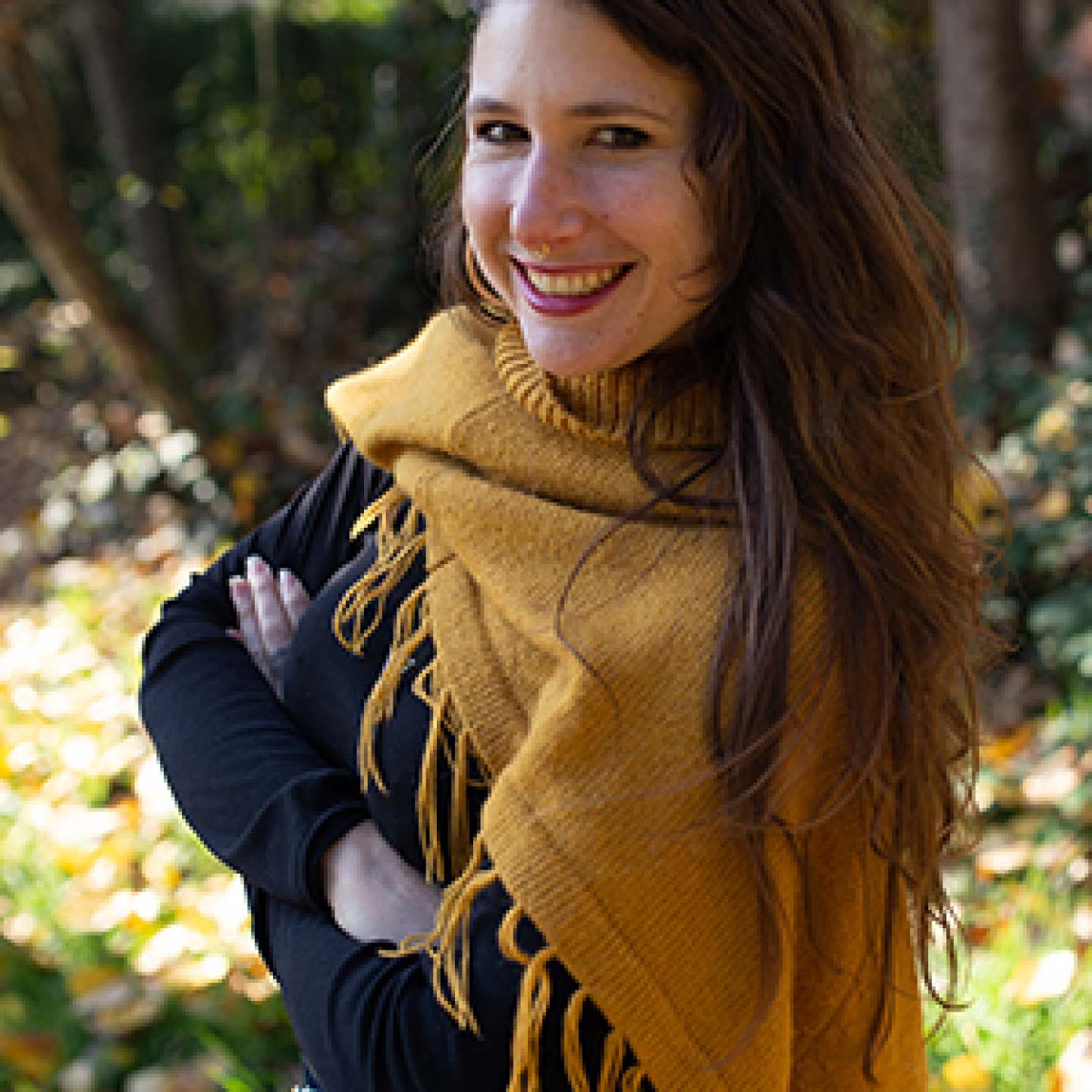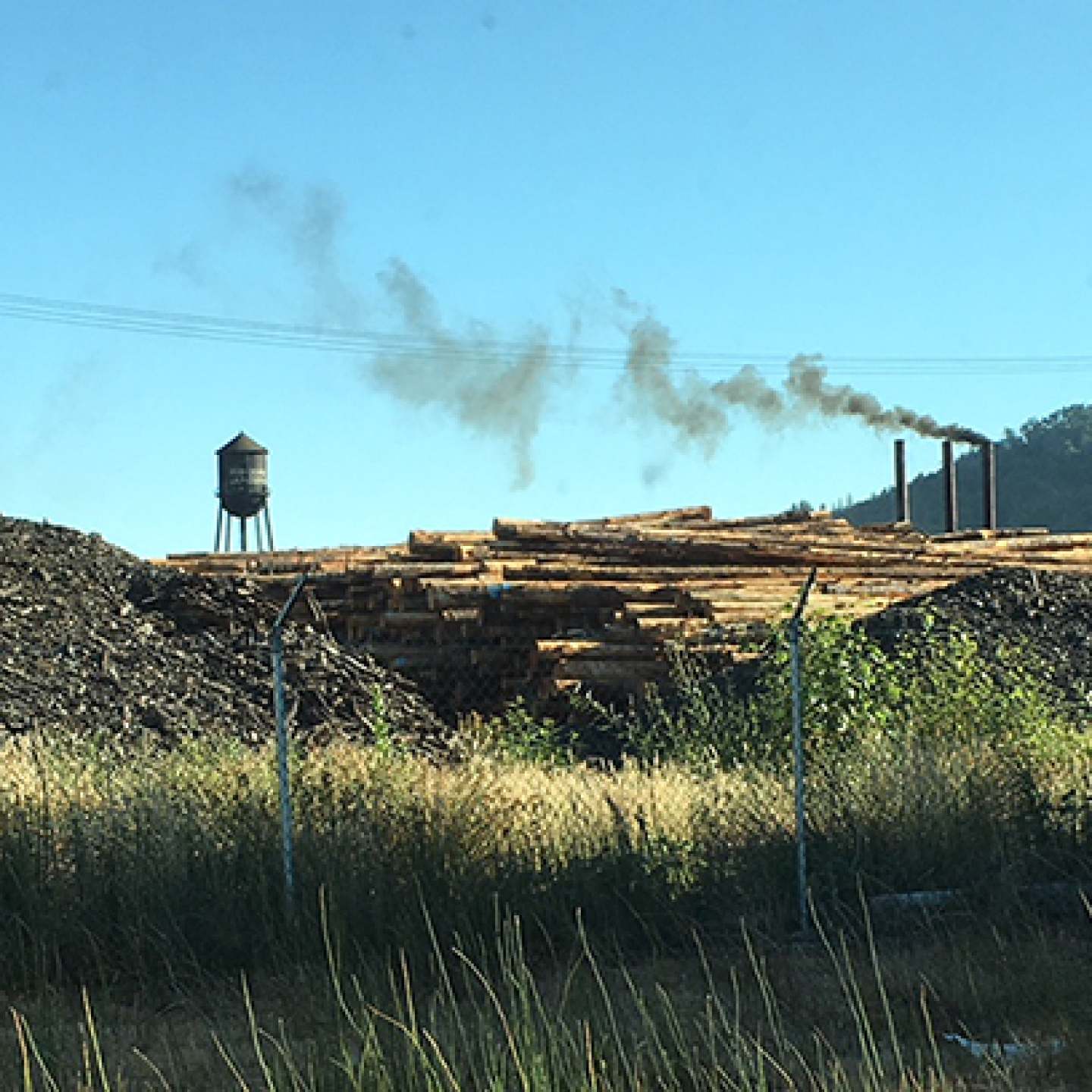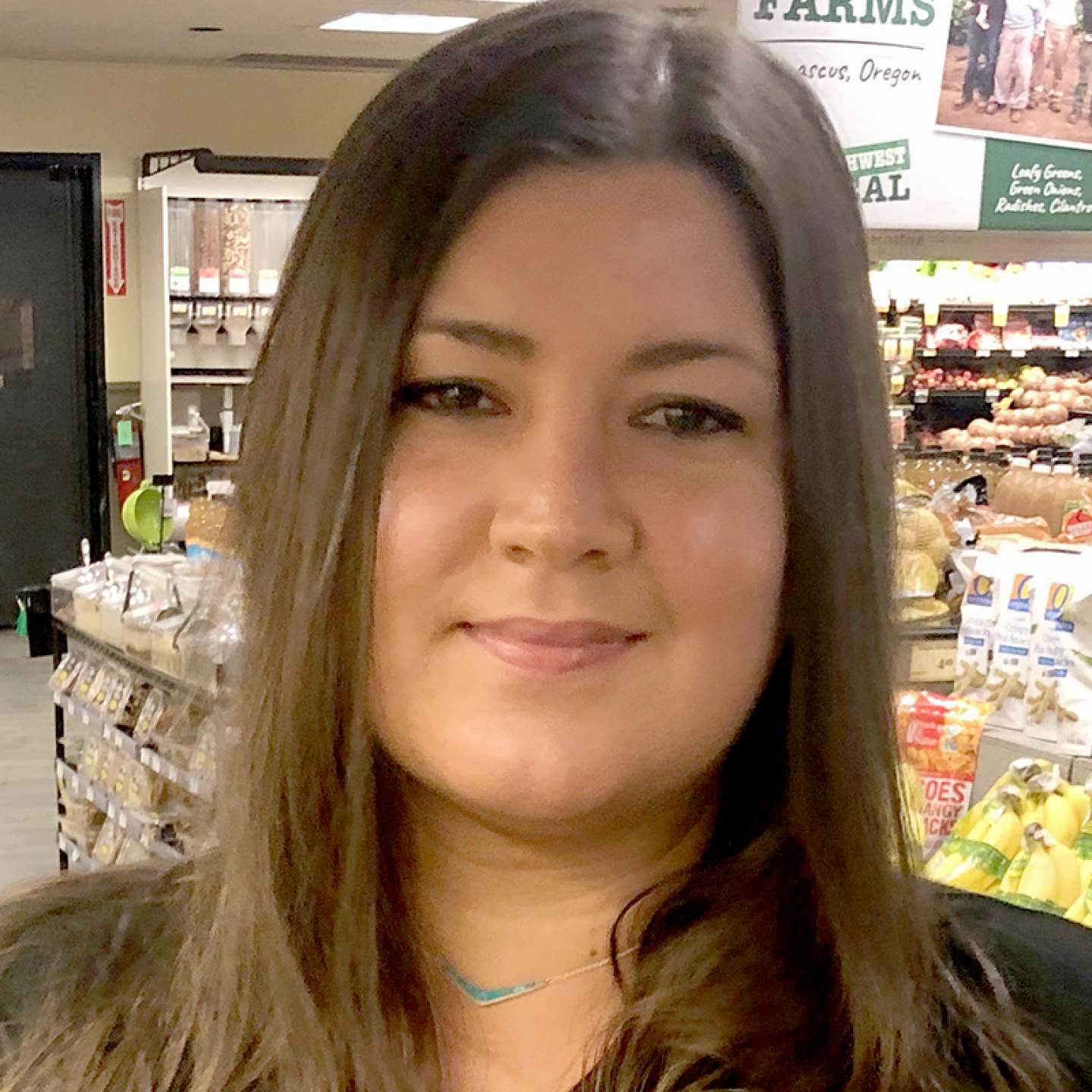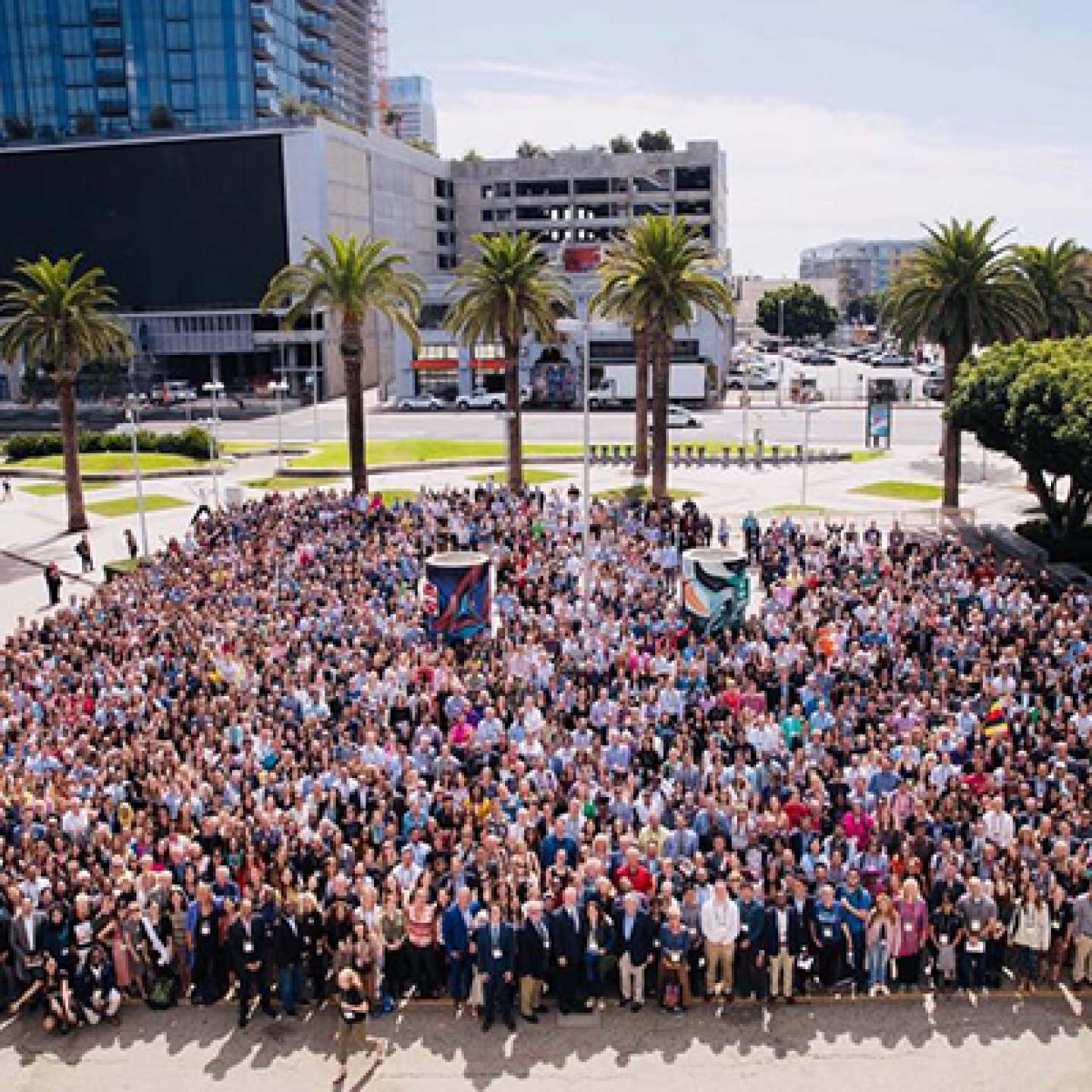We face a future full of challenges about the health of our communities and the impacts of a warming climate. Of the many intersections between environmental justice, health and climate change, one that is often overlooked is pesticide use.
Organizing for Environmental Justice
Teams from Beyond Toxics and the NAACP Eugene/Springfield came together in 2018 to start the process of organizing an Environmental Justice Pathways (EJP) Summit. The agenda we had prepared was jam packed with amazing speakers from throughout the state of Oregon and abroad.
Health Problems in West Eugene Warrant a Closer Look
Hello, my name is Kylen Tromblay and I’m an Oregon State University intern at Beyond Toxics this summer. I just finished the first year of my Master of Public Health program specializing in Environmental and Occupational Health. I am passionate about creating a world where everyone can live, work, and play in a clean and safe environment. Having spent the past four summers working with children at a day camp in my hometown of Newberg, Oregon, I get to see the world through their eyes. Seeing how excited the kids are about their own future pushes me to work towards leaving them a healthy Earth.
First Foods for Spring
Food is our medicine. Foods not only provide nourishment for our body, they also nourish us emotionally and spiritually. Whether it be root foraging, harvesting wild fruits and nuts, procuring plant fibers for basket weaving, fishing, hunting, or gardening, these practices bond our spirit with the earth and make us feel whole. These practices also keep us connected as families by continuing traditions imperative for our health, livelihoods, and cultural survival.
Double Trouble – Climate Change and COVID-19
As we expand our understanding and response to the COVID-19 pandemic, we need to start thinking about how we are going to move forward after the global pandemic. There is a glimmer of hope that we will take a step towards changing the current socioeconomic structure built upon never-ending expansion that extracts finite resources and uses the public’s common air and water as the dumping ground for pollution and waste.
COVID-19 virus reveals that environmental justice is a public health issue
The pandemic of COVID-19 exposed the truth of environmental injustices. People of color have more underlying and serious health conditions, including heart disease, respiratory diseases such as asthma or chronic bronchitis and diabetes. Exacerbating these health vulnerabilities is inequitable access to adequate health care coverage and discrimination when seeking medical treatments. While age is certainly a risk factor, it turns out the biggest determinants of whether a person might die from contracting the virus is living near air pollution emitters and being African American.
Free to breathe and thrive
I am passionate about the Earth just as I am passionate for humanity. In my eyes and the eyes of many walking alongside me, there is no difference. My vision is for all Oregonians to live in a thriving landscape wherein we may drink pure, clean water and breathe clear air and be nourished from living soils. I speak out for an Oregon that respects our environment in order to respect the health of our own human community.
A right to clean air
Do you wonder how polluted the air you are breathing is? The fact is, the quality of our local air is a critical factor in our health. Sadly, air pollutants commonly found in Eugene-Springfield’s air are known to cause serious harm to public health.
Tribal Climate Resilience in the Pacific Northwest
Native American Tribes and First Nations are most at-risk of suffering the devastating effects of climate change. Climate change is no longer a distant threat, but a dangerous force that places our native communities and resources at immediate risk. As with so many threats, indigenous peoples have been at the front lines of the devastation caused by climate change, forced to fight to protect their land, homes, and culture.
From Despair to Action: A Climate Activist Leader in the Making
Last November, I took my daughter to see 350.org’s community showing of Al Gore’s climate change film, An Inconvenient Sequel: Truth to Power, at Central Lutheran Church. I walked into the showing-room sanctuary where a man played the organ and multi-colored light crashed in through the stained glass windows. It seemed an appropriate venue to learn what humans are doing to one another and creation—this room was a place where many contemplated their idea of a creator. As Al Gore says, this is a moral issue.
